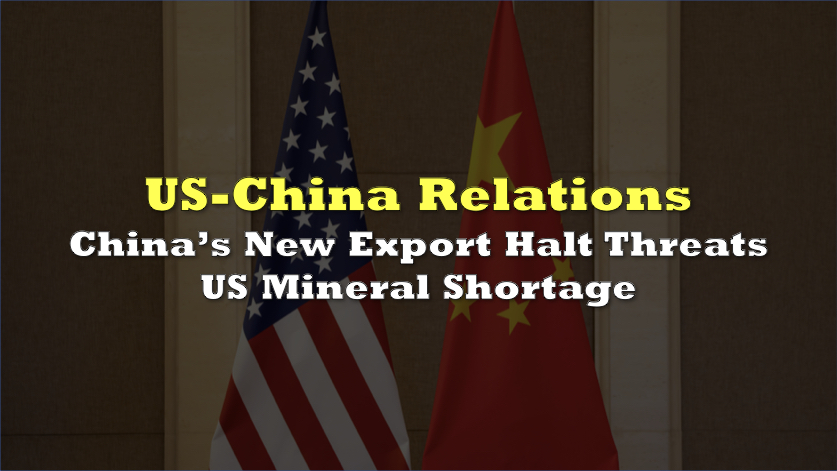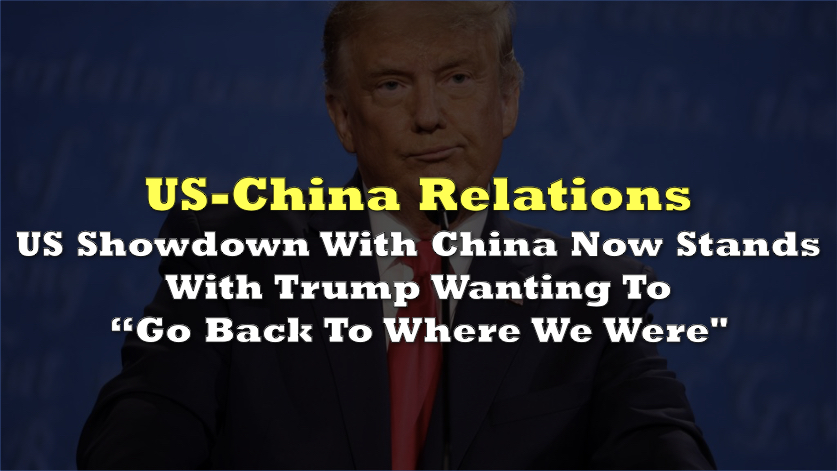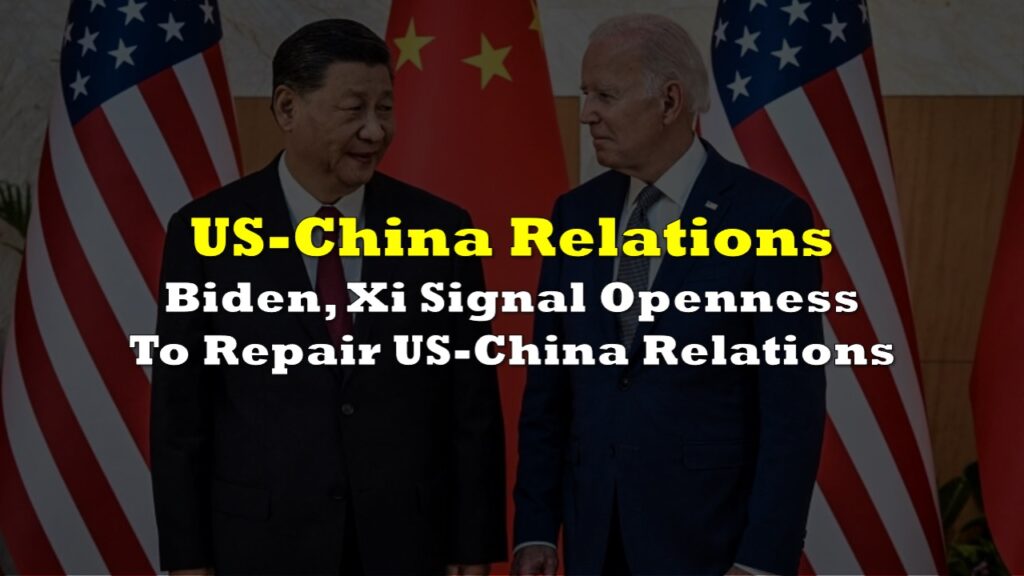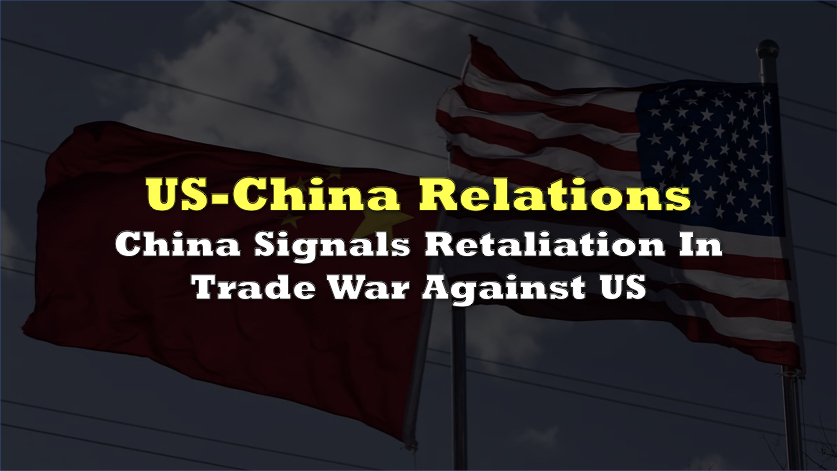China’s recent suspension of critical mineral and magnet exports to the US is sending shockwaves through key industries, including automotive, aerospace, semiconductors, and military contracting. The abrupt halt, according to observers, appears to be part of a new regulatory system under development by the Chinese government.
The halt targets six heavy rare earth elements that are predominantly used within magnets that are essential for electric motors. Major American manufacturers, such as Ford, General Motors, Boeing, and Lockheed Martin, rely heavily on these materials for vehicles, aircraft, and defense technology.
One particular material in question, dysprosium oxide, is priced at around $204 per kilogram in Shanghai, with costs climbing higher outside of China. While rare earth magnets make up a small fraction of China’s overall exports, any disruption can still have outsized consequences on global production lines.
Japanese companies, having learned from a previous embargo in 2010, typically maintain over a year’s supply of rare earth minerals. By contrast, many US corporations, often focused on cutting costs, keep little or no inventory.
The CCP has reportedly suspended the exports, permitting the metals, as well as rare earth magnets, to only be exported with special export licenses. Licenses for which a system does not yet exist for their issuance.
I knew it was coming but its still bad: China has officially halted shipments of several rare earth minerals to the US specifically used as inputs for cars, semiconductors, and aerospace companies
— Saagar Enjeti (@esaagar) April 13, 2025
US co's have basically zero stockpiles because of balance sheet concerns pic.twitter.com/NUXOdV3flW
BREAKING: This is really bad. Talk about Trump’s policies backfiring. It will be interesting to see where the features markets open this evening.
— Brian Krassenstein (@krassenstein) April 13, 2025
“China has suspended exports of a wide range of critical minerals and magnets, threatening to choke off supplies of components…
Information for this story was found via the sources and companies mentioned. The author has no securities or affiliations related to the organizations discussed. Not a recommendation to buy or sell. Always do additional research and consult a professional before purchasing a security. The author holds no licenses.









